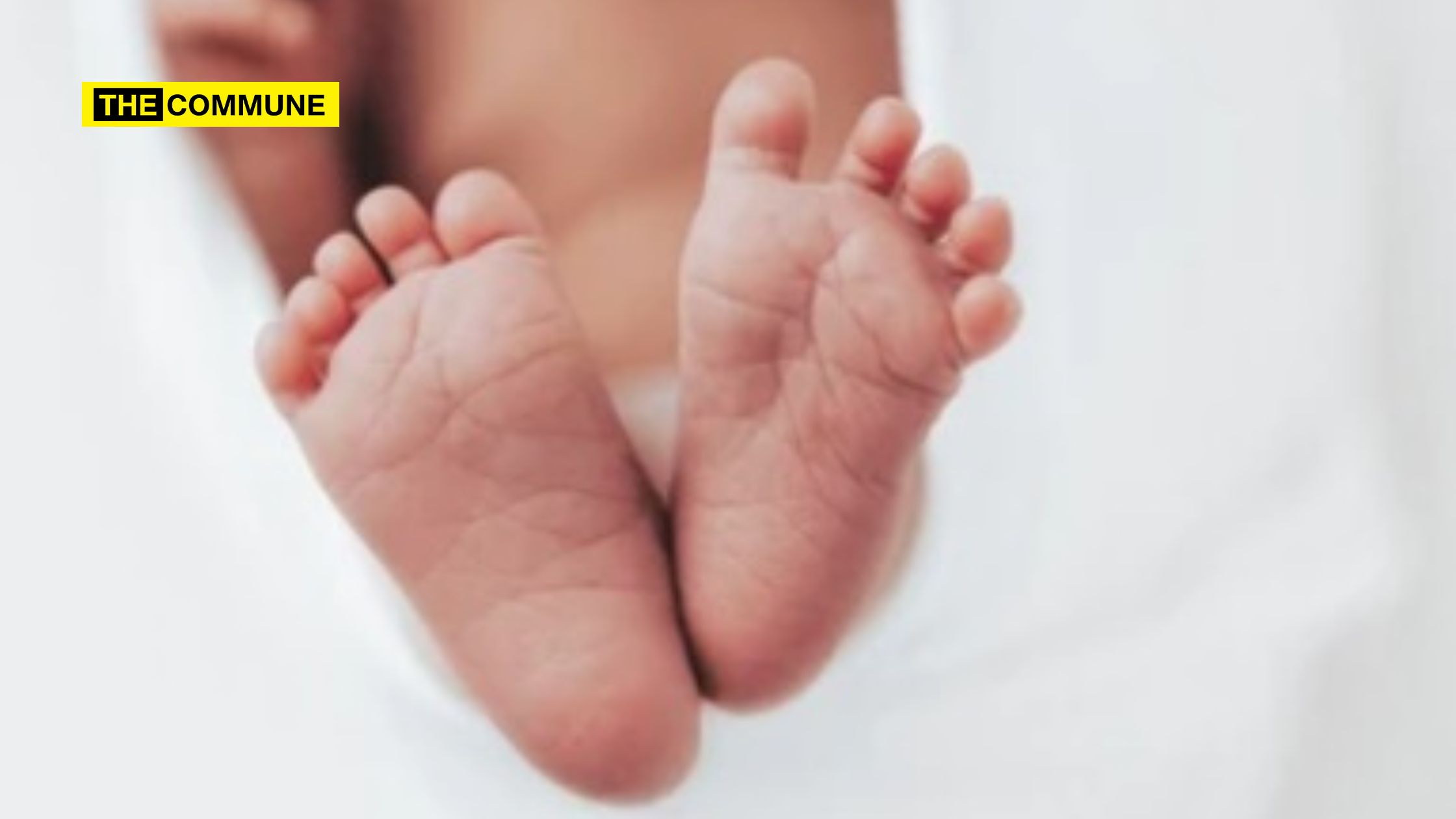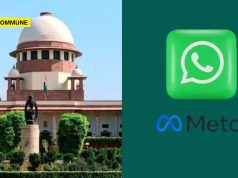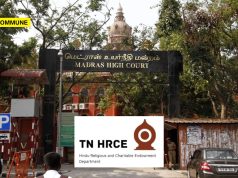
A recent study by the Tamil Nadu Journal of Public Health and Medical Research has revealed that the teenage pregnancy rate in Tamil Nadu has risen from 1.1% in 2019-20 to 1.5% in 2023-24.
The study, which utilized data from the Health Management Information System (HMIS) portal, examined over 49.93 lakh records of antenatal mothers between April 2019 and March 2024. Among these, 62,870 teenagers were identified, leading to a cumulative teenage pregnancy rate of 1.3%. The annual rates of teenage pregnancy in the state have fluctuated over the years, with 1.1% in 2019-20, 1.3% in 2020-21, 1.3% in 2021-22, 1.1% in 2022-23, and 1.5% in 2023-24.
The data indicated regional disparities, with Nagapattinam having the highest rate at 3.3%, followed by Theni at 2.4% and Perambalur at 2.3%. Areas like Salem and Madurai reported over 3,000 teenage pregnancies, while districts such as Kancheepuram, Sivaganga, Virudhunagar, Nagercoil, and Chennai had fewer than 1,000 cases each.
Historically, the National Family Health Survey (NFHS) reported teenage pregnancy rates in Tamil Nadu at 8% in NFHS-3 (2005-06), which dropped to 5% in NFHS-4 (2015-16) before rising slightly to 6.3% in NFHS-5 (2019-20).
The study, authored by Vijaykumar R and Nirmalson J, identified several key factors contributing to teenage pregnancies, including early marriage, social pressures, sexual abuse, lack of education, and poor socioeconomic conditions. The authors stressed the importance of continuing efforts to monitor these trends and implement evidence-based policies.
The study emphasized the need for targeted interventions to educate teenagers about sexual and reproductive health, contraception, and the potential consequences of early pregnancy. It also called for increased access to affordable contraceptive methods to help teenagers make informed choices and prevent unintended pregnancies. Existing programs such as the Adolescent Reproductive and Sexual Health (ARSH) Program, Kishori Shakti Yojana (KSY), Adolescent Friendly Health Clinics (AFHC), and various awareness campaigns have made progress, but further emphasis on behavioral change, school-based sex education, and community participation is needed to address the issue effectively.
(With inputs from DTNext)
Subscribe to our channels on Telegram, WhatsApp, and Instagram and get the best stories of the day delivered to you personally.




